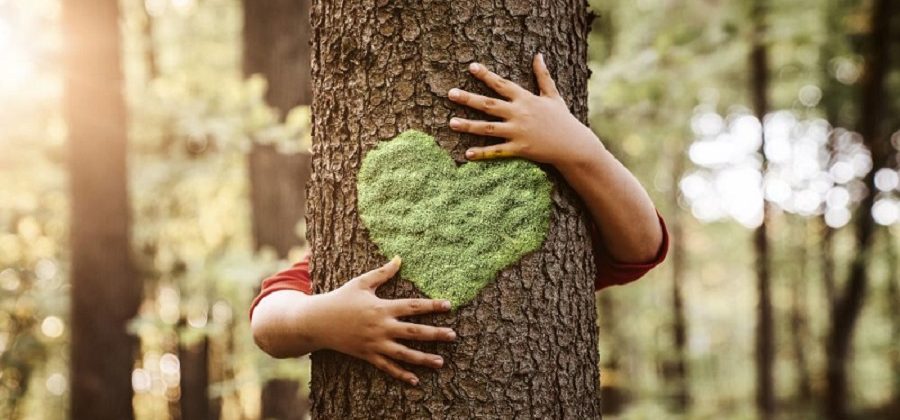
Firstly, let me share my personal journey towards adopting eco-friendly cleaning practices in my home. Over the years, I have become increasingly aware of the negative impact traditional cleaning products can have on both our health and the environment. I started exploring alternative methods and discovered numerous eco-friendly cleaning techniques that are not only effective but also safe and sustainable. In this blog, I’ll guide you through my top tips for achieving a clean and green home, making small but significant changes one step at a time.
To begin with, replacing conventional cleaning products with environmentally friendly alternatives is a crucial step towards a greener lifestyle. Commercial cleaners often contain harsh chemicals that can harm aquatic life and pollute our waterways. Instead, opt for natural alternatives such as vinegar, baking soda, and lemon juice. These ingredients possess excellent cleaning properties and are non-toxic, biodegradable, and readily available.
Secondly, let’s discuss the importance of reducing waste. Single-use cleaning supplies like paper towels and disposable wipes contribute to landfills and deforestation. Transitioning to reusable and sustainable alternatives can significantly reduce our ecological footprint. Microfiber cloths, for example, are highly effective at trapping dirt and can be washed and reused multiple times. Additionally, investing in a good-quality mop with washable pads eliminates the need for disposable mop heads.
Moreover, water conservation is an essential aspect of eco-friendly cleaning. Transitioning from traditional mops to spray mops helps minimize water usage by allowing you to target specific areas. Additionally, consider collecting rainwater for cleaning purposes. It’s a free resource that can be used effectively to clean floors, windows, and even for gardening.
Another area where we can make a positive impact is by choosing energy-efficient cleaning appliances. Transitioning to vacuum cleaners and washing machines with high energy ratings can help reduce electricity consumption significantly. Additionally, washing laundry in cold water whenever possible not only conserves energy but also extends the life of your clothing.
Moving on, let’s focus on sustainable waste disposal. Transitioning to eco-friendly cleaning also means being mindful of how we dispose of our waste. Instead of throwing away expired cleaning products, research local recycling options. Many communities have specialized recycling programs for hazardous materials. Furthermore, composting is an excellent way to repurpose biodegradable waste, such as fruit peels and coffee grounds, into nutrient-rich soil for your garden.
Furthermore, embracing green cleaning habits extends beyond the products we use. Transitioning to a minimalistic approach can help reduce clutter and simplify cleaning routines. Fewer possessions mean less dust and fewer surfaces to clean. Consider donating or repurposing items you no longer need, reducing the strain on landfills and promoting a cleaner living space.
Additionally, it’s important to maintain good indoor air quality. Transitioning to natural air fresheners, such as essential oil diffusers or simmering herbs and spices, eliminates the need for artificial fragrances that may contain harmful chemicals. Regularly opening windows and allowing fresh air to circulate also helps remove indoor pollutants and rejuvenates your living space.
Finally, let’s not forget the power of education and advocacy. Transitioning to eco-friendly cleaning is not only beneficial for our personal well-being but also for the health of our planet. Transition word: By sharing our experiences and knowledge with friends, family, and communities, we can collectively make a significant difference. Encourage others to adopt eco-friendly practices, host workshops, or start local initiatives to promote sustainable cleaning methods.
In conclusion, transitioning to eco-friendly cleaning practices in our homes is a small yet meaningful step towards a greener future. By making conscious choices, such as using natural cleaning products, reducing waste, conserving water and energy, and embracing a minimalist approach, we can create a healthier living environment for ourselves and contribute to the preservation of our planet. Transition word: Remember, every small change counts, and together we can make a big impact in safeguarding the Earth for generations to come.
